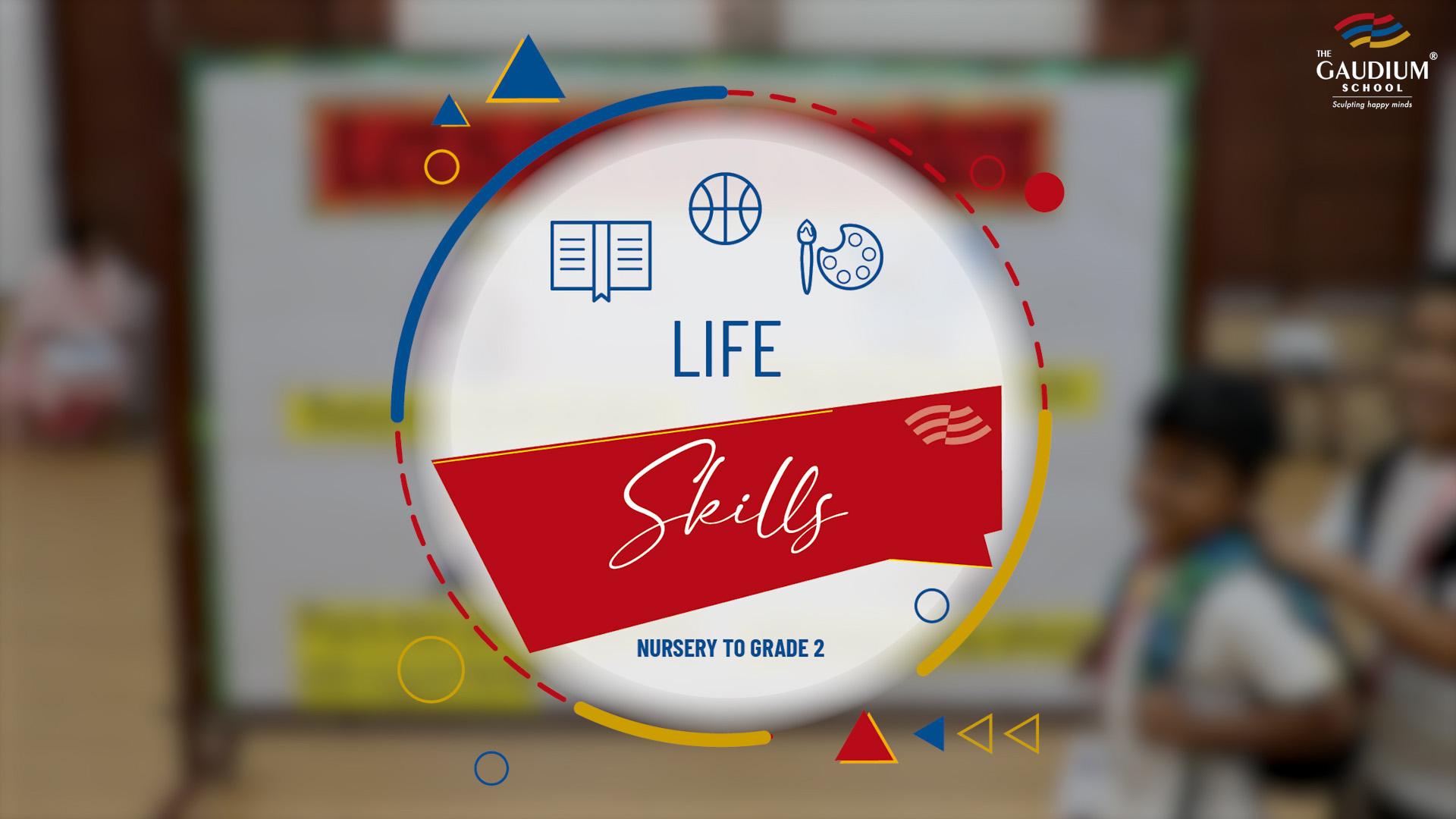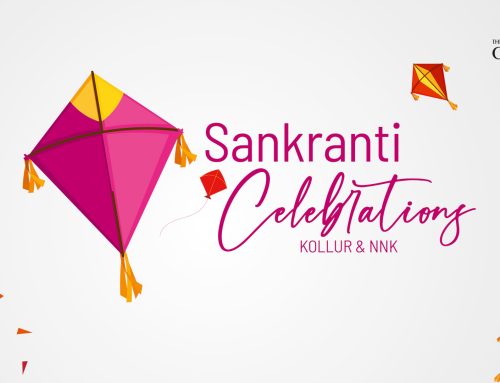Learning life skills from an early age forms the cornerstone of a child’s holistic development, extending far beyond the acquisition of practical abilities. When children master fundamental tasks like dressing themselves, organizing their belongings, or completing basic self-care routines, they simultaneously develop critical cognitive functions, emotional resilience, and social confidence. The early years, particularly from ages 3 to 8, represent a golden window of neuroplasticity where children’s brains are most receptive to learning sequential processes and building neural pathways that support executive function. These seemingly simple activities create a foundation for complex problem-solving, time management, and decision-making skills that will serve them throughout their academic journey and beyond.
The transformative impact of early life skills education reverberates through every aspect of a child’s development, creating ripple effects that strengthen their overall learning capacity. When young learners successfully master tasks like buttoning shirts, zipping jackets, or packing their school bags, they experience a profound shift in their self-perception and relationship with challenges. This mastery builds what psychologists call “self-efficacy” – the belief in one’s ability to execute tasks and achieve goals. Children who develop strong life skills early demonstrate improved focus in academic subjects, better emotional regulation during stressful situations, and enhanced social interactions with peers. They approach new challenges with confidence rather than anxiety, understanding that persistence and practice lead to success.
Our young learners, from Nursery to Grade 2, recently embarked on an inspiring journey of self-discovery through hands-on Life Skill sessions that transformed ordinary tasks into extraordinary learning adventures. With tiny fingers working with big determination, they tackled the intricate art of buttoning and unbuttoning their shirts, mastering the coordination required to zip their jackets smoothly, learning the careful balance needed to slip on their socks and shoes, and developing the organizational thinking necessary to pack their school bags independently. What adults might dismiss as routine daily activities became powerful milestones of personal achievement for these young minds, each task representing a unique blend of fine motor development, sequential thinking, and personal responsibility.
The classroom atmosphere during these sessions was electric with engagement and pure, unfiltered joy as children discovered the deep satisfaction that comes from personal accomplishment. The room resonated with proud smiles that stretched from ear to ear, infectious giggles that bubbled up from genuine delight, and triumphant exclamations of “I did it!” that marked precious moments of self-discovery. Every child’s journey unfolded differently – from tentative first attempts marked by concentration and careful movements to the radiant confidence of final success. Each effort, whether successful on the first try or requiring multiple attempts, was celebrated with equal enthusiasm because true learning flourishes in an environment where process matters as much as outcome. These sessions became beautiful demonstrations of how children naturally embrace challenges when they feel supported and valued for their efforts rather than judged solely on their results.
At The Gaudium School, we understand that genuine independence cannot be forced or hurried; rather, it must be gently nurtured through carefully designed experiences that honor each child’s unique developmental timeline. Through these small, achievable tasks, our students begin to internalize a powerful self-image as capable, responsible, and confident individuals who can tackle challenges with determination and grace. These essential life skills serve a dual purpose: they prepare children not only for the practical demands of school life but also for the broader challenges of personal growth and social responsibility they will encounter throughout their lives. As we witness these tiny victories unfold in our classrooms, we celebrate not just the mastery of practical skills, but the emergence of strong, self-assured individuals who will carry this foundation of independence and confidence into their bright futures.






Leave A Comment